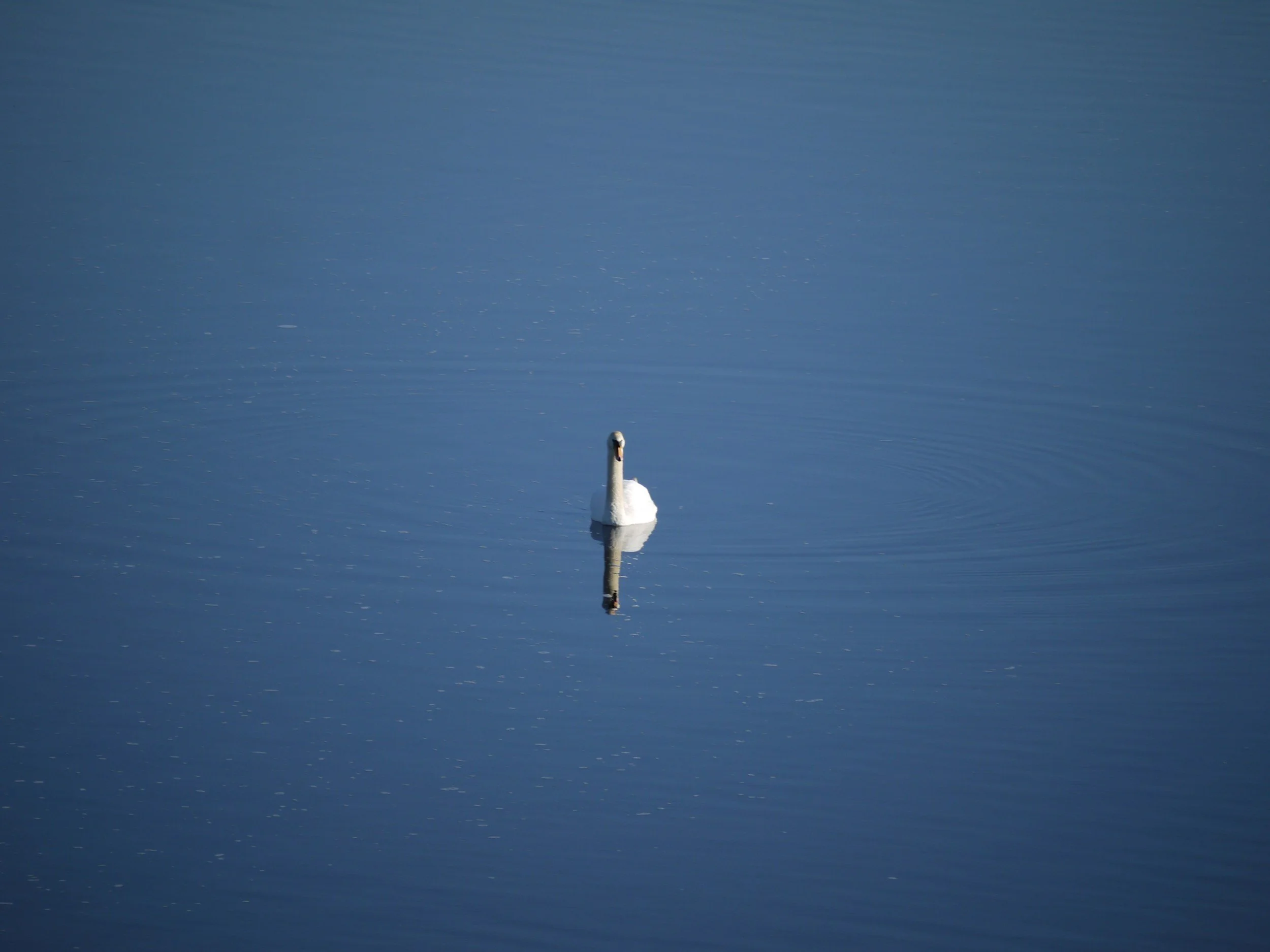Do you have stillness meetings with yourself?
Why are moments of doing nothing so challenging?
We seem deeply uncomfortable with nothingness, pauses, and stillness. When I suggest spending more time being rather than doing—even small moments between meetings to reset our attention, or taking real breaks from technology—I often hear resistance: “I don’t have time.” Yet we rarely consider these pauses until we’re forced to take them because we’ve broken down.
The Cost of Constant Doing
We have become conditioned to the hamster wheel of doing to keep up with the expectations on us and we have lost the connection with our own power – our ability to think with intention and discernment towards a goal that matters beyond just reaching a deadline.
In our achievement-driven culture, we often mistakenly equate our worth with our productivity. We chase external validation through endless doing, forgetting that our inherent value lies in who we are, not just what we produce. This compulsion to constantly prove ourselves through action stems from a social structure that undermines our trust in our own inherent capabilities.
The Power of Pausing in the AI Era
We are facing an era where we will either give over our power to AI or learn to thrive with it by harnessing the power of pausing. These intentional moments of stillness allow us to stop the reactionary cycle of constant doing and harness our uniquely human capabilities of discernment, creativity, and intuitive wisdom that technology cannot replicate.
Creating space for stillness helps us recognize our innate wisdom and abilities. These quiet moments reconnect us with our authentic selves beyond our daily roles and responsibilities. Rather than adding more tasks to prove our worth, stillness allows us to trust that we are already enough—fully equipped with the insight, creativity, and resilience needed to navigate life meaningfully.
Stillness as Self-Trust
Trusting ourselves isn’t about doing more but recognizing what we already possess. Stillness practices guide us from seeking external validation to embracing internal recognition, from constantly proving ourselves to simply embodying our true nature, and from depleting our energy to honoring our innate capacities that flourish when given room to breathe.
How do we begin cultivating a trusting relationship with ourselves? Instead of seeing ourselves as problems to solve, we can recognize ourselves as advantages to harness. When we adopt this perspective, we create space for intuition and wisdom to emerge alongside analytical thinking. These stillness meetings with ourselves offer a powerful path forward. The disconnect from stillness affects not just our minds, but our entire being.
The Heart’s Wisdom: Learning from Our Biology
Just like the heart needs moments of pause to reset and function optimally, so do our minds, souls, and our entire human being. We are not machines, yet we possess powerful technology within ourselves that often goes unrecognized.
Consider this: the human heart beats approximately 100,000 times daily, but between each beat lies a crucial moment of rest—a millisecond of stillness allowing the heart to recharge. Without these pauses, our hearts would fail. Similarly, our minds need these intentional moments of stillness to process, integrate, and rejuvenate.
When we deny ourselves these pauses, we diminish our most extraordinary capabilities: creativity, insight, empathy, and wisdom. These qualities emerge not from constant doing, but from the space between our thoughts—from stillness. In these quiet moments, our neural pathways reorganize, our subconscious makes connections, and our intuition speaks most clearly.
Stillness Meetings: A Practical Approach
By scheduling regular “stillness meetings” with ourselves—whether five minutes of meditation, a technology-free walk, or simply sitting quietly with a cup of tea—we aren’t being unproductive. Rather, we’re maintaining the most sophisticated technology we’ll ever possess: our integrated human system of body, mind, and spirit.
It’s in the pause that life is nourished, it’s also in the pause that we can let new thoughts and ideas emerge as if out of nowhere, and it’s in the stillness of a pause that we can reconnect with our authentic selves, find clarity in our purpose, and access deeper wisdom that remains hidden in the noise of constant activity. It’s in the stillness of a pause that we can finally hear the whispers of our intuition, restore our depleted energy, and remember what truly matters beyond the urgency of daily tasks.
The Paradox of Productivity Through Pause
The practice of stillness isn’t about rejecting productivity but enhancing it. By creating space for mental clarity, we actually become more efficient, focused, and creative when we do engage in action. This paradox—that pausing can accelerate our progress—is backed by neuroscience and exemplified by many of history’s greatest innovators who valued time for reflection.
In today’s AI-driven world, our uniquely human capacity for stillness and introspection becomes even more valuable. While machines excel at processing information rapidly, they lack the integrated wisdom that emerges from our embodied experience of being present with ourselves. And each other.
Originally posted on JeanetteBronee.com.

